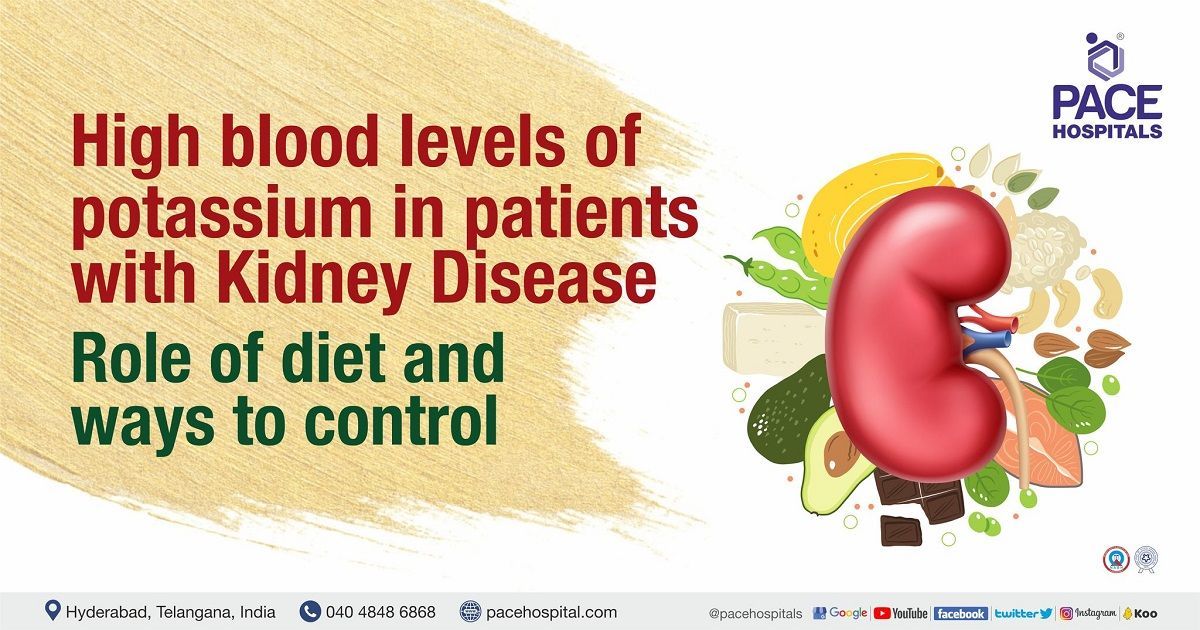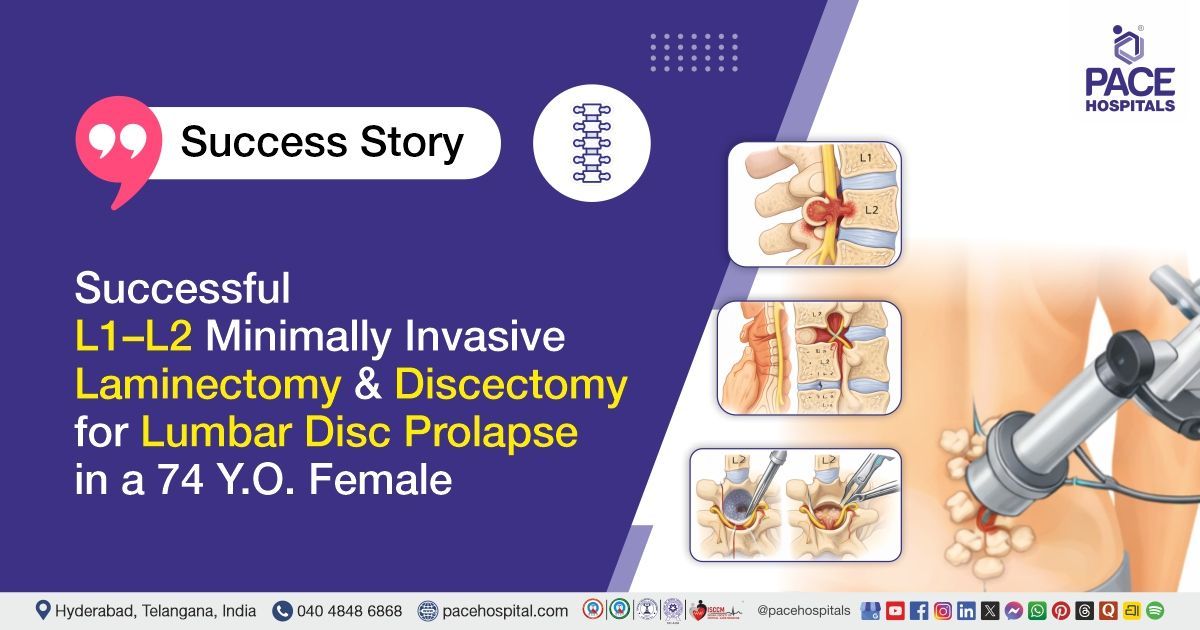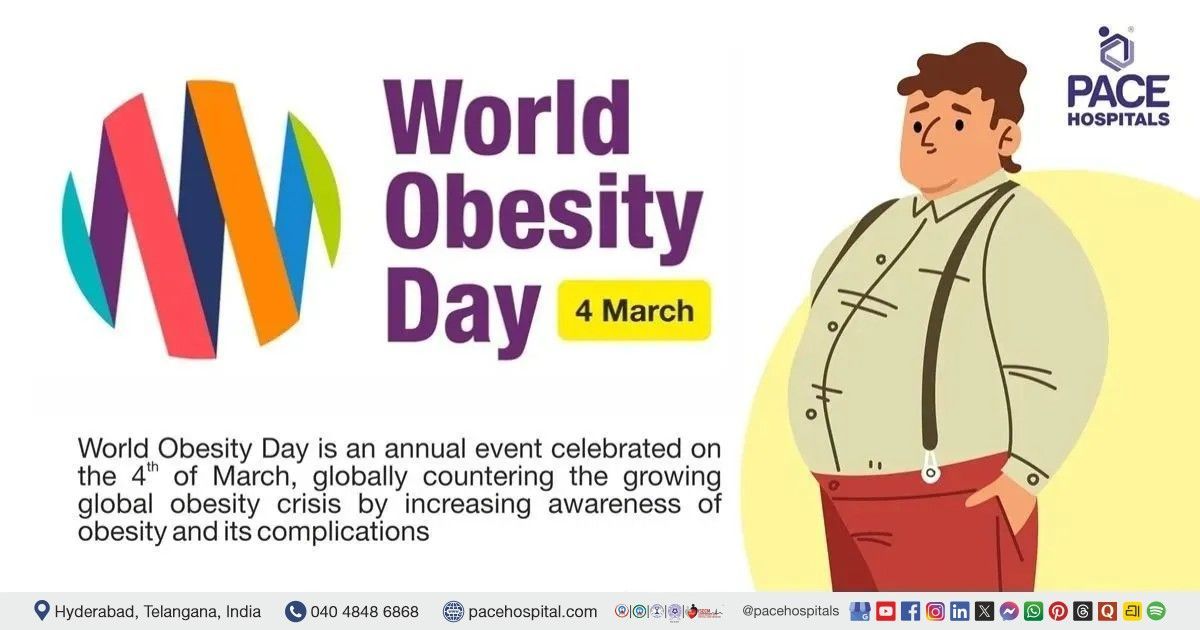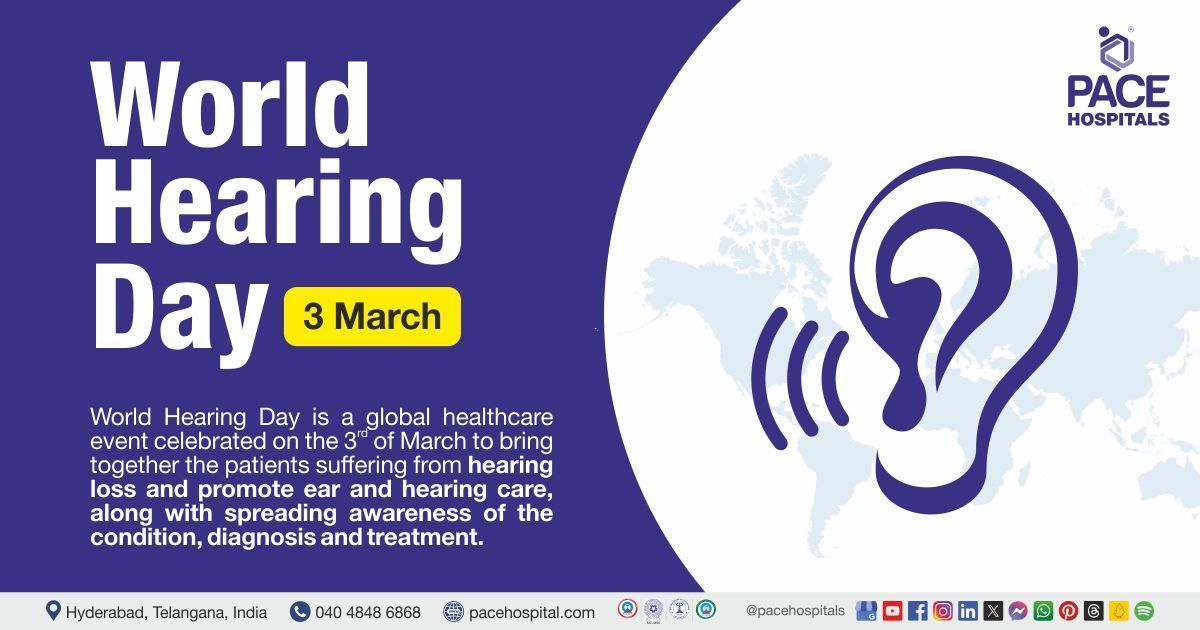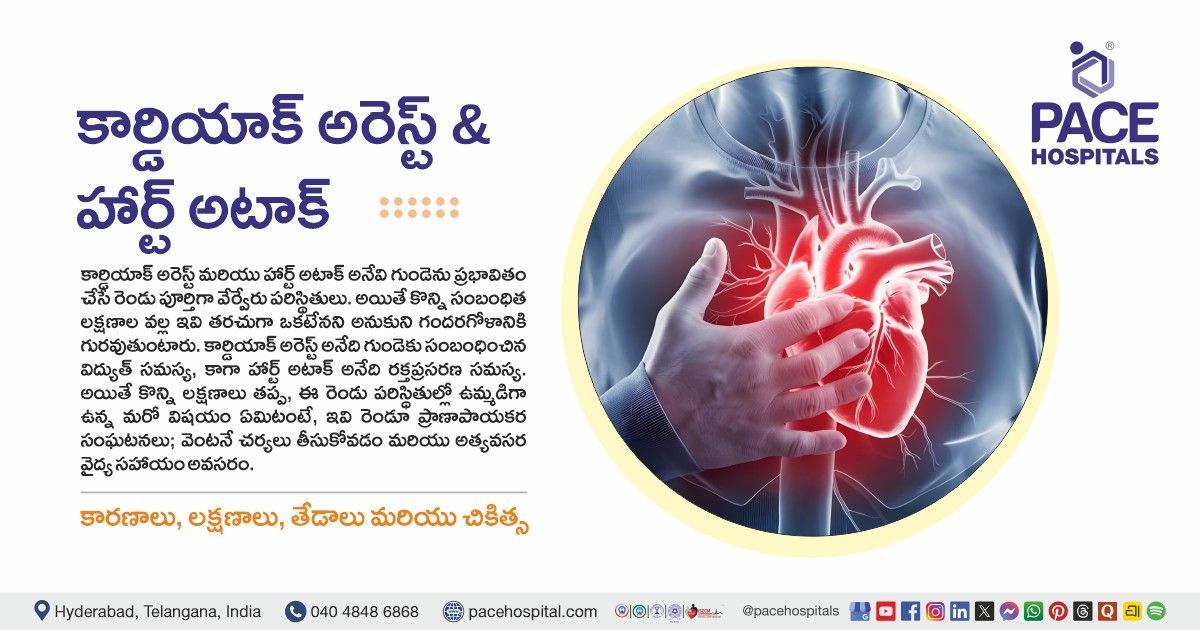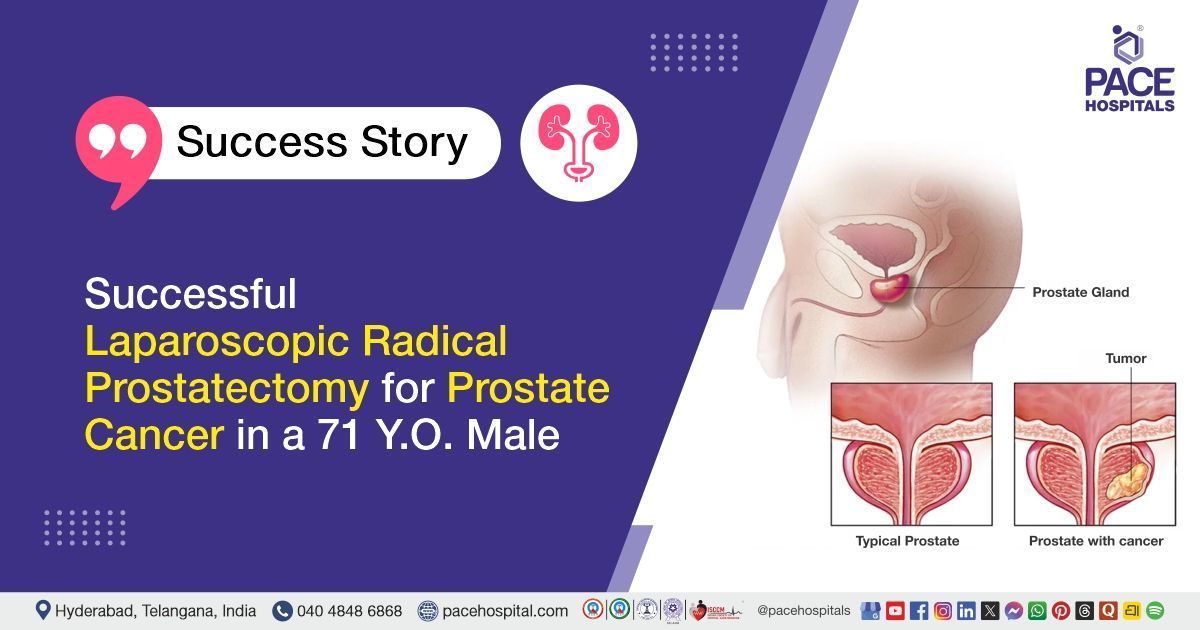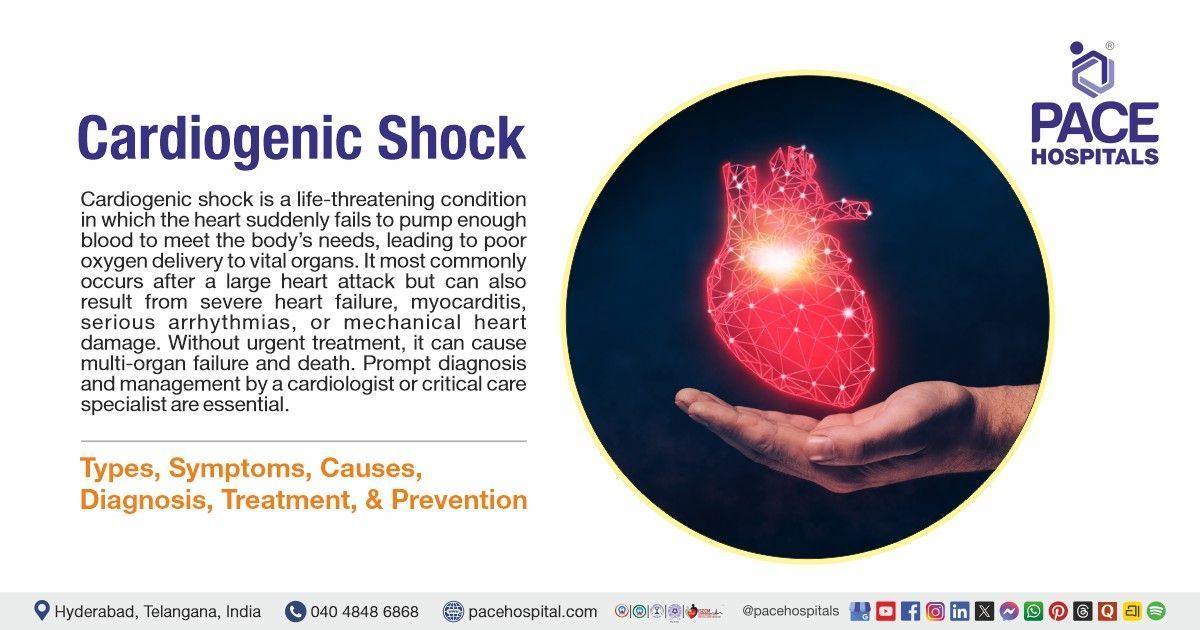Hyperkalemia (High Potassium) in Kidney Disease: Diet and Control Tips by Nephrologist
PACE Hospitals
High potassium (Hyperkalemia) is a common problem in people with kidney disease, as the kidneys may not be able to effectively remove excess potassium from the blood. When potassium levels become elevated, it can disrupt the heart rhythm and impair muscle function. Risk factors include chronic kidney disease, certain medications, poor diet, and associated health conditions. Symptoms may include tiredness, muscle weakness, nausea, chest discomfort, or an irregular heartbeat. In severe circumstances, it might result in significant heart issues. Because many foods, including bananas, oranges, tomatoes, and potatoes, are high in potassium, patients need to follow a restricted diet and have regular blood testing to diagnose the condition early.
In this video, famous nephrologist Dr. A Kishore Kumar explains hyperkalemia in kidney disease in detail. He discusses the risk factors, warning signs, and safe management options, he also highlights high and low-potassium foods, and explains how patients are evaluated. With his guidance on diet, medication, and lifestyle changes, this video serves as a reliable resource for kidney patients and their families to understand better and control high potassium levels.
Share on
Request an appointment
Fill in the appointment form or call us instantly to book a confirmed appointment with our super specialist at 04048486868


